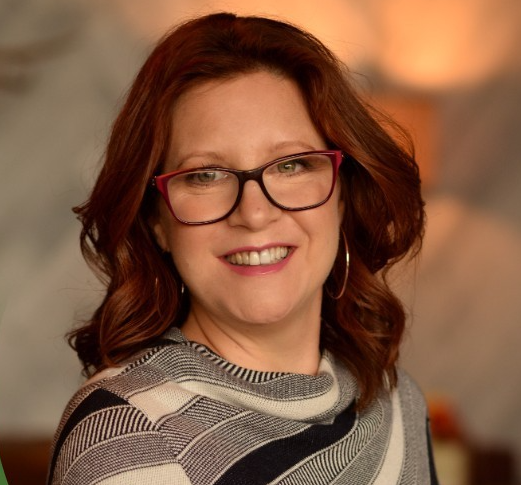Boost Self-Esteem After a Relapse: 5 Practical Steps



April Wilson Smith, MPH, is a PhD student in Population Health at Thomas Jefferson University in Philadelphia. Her research focuses on harm reduction approaches to people who use substances when they enter the healthcare system.




April Wilson Smith, MPH, is a PhD student in Population Health at Thomas Jefferson University in Philadelphia. Her research focuses on harm reduction approaches to people who use substances when they enter the healthcare system.
Before I got sober, I relapsed…a lot. I would feel so confident in my sobriety, and then something would happen and there I was at the corner store, buying a twelve pack of cheap beer. Again.
Tears leaking from my eyes and a twelve pack on the floor, I’d sit on the couch staring out the window, thinking of all the responsibilities I was avoiding or leaving behind…and of the dangers of losing everything and everyone in my life.
Restoring Self Respect After a Relapse
When I relapsed, I would feel weighed down by shame and guilt. These negative thoughts and feelings would often lead to my further substance abuse. But once I got up the resolve to quit and get sober again, I managed to rebuild my damagedself-esteem.
Here’s how I got my groove back…and finally, got it back for good.
#1 Take Care of Business
After a relapse, there’s damage control to be done. Catching up on work or school, making sure the bills are paid, even just doing the laundry can seem terrifying, but you’ve got to take care of the essentials before you can refocus your efforts on recovery.
#2 Make Amends
A relapse can harm relationships with friends and family. There are people you need to immediately talk to, and talk honestly. Take responsibility, and ask for forgiveness if you’ve missed responsibilities or scared your loved ones to death.
#3 Forgive Yourself
The quickest way to relapse again is through self-condemnation. Take it from me – I was the queen of negative self-talk. Recovery is hard – if it wasn’t, everyone would be doing it! Picking up the pieces and getting on the road to long term recovery is only possible if you can make peace with yourself.
#4 Make a Plan
I remember after my final relapse, one of the people in my support group asked me, “What’s your plan for things to be different now?” I thought I’d been doing everything right: going to meetings, doing recovery reading, staying away from people, places and things. I realized that I needed to reduce stress in my life, up my meditation game, and avoid dramatic people and situations if I was going to avoid another relapse. I made some scary decisions, including walking away from a stressful job and a long term but toxic relationship. But none of those things were scarier to me than the prospect of crying on that floor again with an empty twelve pack of beer cans.
#5 Ask for Help
Now isn’t the time to grit your teeth and go it on your own. Whether you get help from support groups, therapists, religious leaders or friends and family, get help. Not everyone in your circle of family and friends will be prepared to help, so try to find professionals such as therapists whose job it is to understand and be there for you.
Picking Up the Pieces
Picking up the pieces after a relapse is one of the scariest parts of recovery. The feelings of failure, the fear of disappointing everyone, and the thought that you’ve lost all you’ve worked so hard to gain can be overwhelming. But we’ve all done it, and you can do it too.
Addiction is treatable, and a life of freedom is possible. Connect with drug and alcohol treatment centers that specialize in your specific needs, from holistic care to medication-assisted treatment. Don’t wait another day to get help; find a recovery program that works for you.
FAQs
Our Promise
How Is Recovery.com Different?
We believe everyone deserves access to accurate, unbiased information about mental health and recovery. That’s why we have a comprehensive set of treatment providers and don't charge for inclusion. Any center that meets our criteria can list for free. We do not and have never accepted fees for referring someone to a particular center. Providers who advertise with us must be verified by our Research Team and we clearly mark their status as advertisers.
Our goal is to help you choose the best path for your recovery. That begins with information you can trust.









